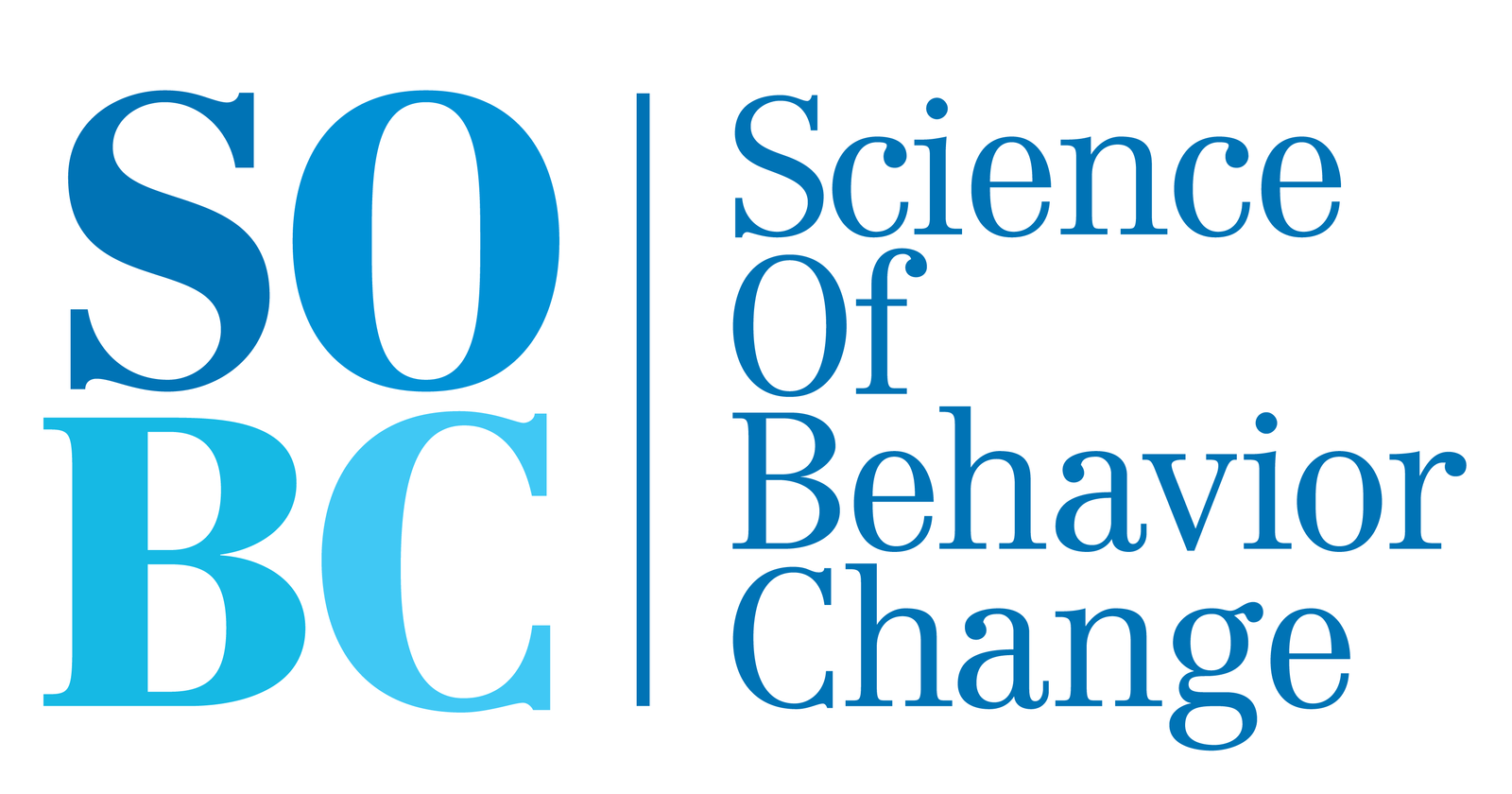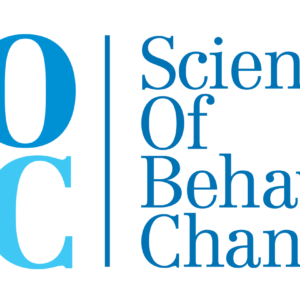Developing and testing positive psychology-based interventions to promote physical activity
$10.00
Presenter: Jeffrey Huffman, MD Professor of Psychiatry at Harvard Medical School and the Director of the Cardiac Psychiatry Research Program
Overview: This webinar is aimed at providing an introductory discussion on developing and rigorously testing positive psychology interventions aimed to improve health behaviors (e.g. physical activity). Dr. Huffman will discuss how to adapt this work for future positive psychology-based intervention development.
Learning Objectives:
- Discuss Dr. Huffman’s research on psychological interventions aimed to improve health behaviors, namely physical activity among acute coronary syndrome (ACS) patients.
- Describe the current understanding of the relationship between positive emotions and health behaviors in the observed cohort.
- Describe an positive psychological intervention that is aimed to increase physical activity for patients in this population and discuss the feasibility/acceptability of this intervention for future studies.
Description
Presenter: Jeffrey Huffman, MD Professor of Psychiatry at Harvard Medical School and the Director of the Cardiac Psychiatry Research Program
Overview: This webinar is aimed at providing an introductory discussion on developing and rigorously testing positive psychology interventions aimed to improve health behaviors (e.g. physical activity). Dr. Huffman will discuss how to adapt this work for future positive psychology-based intervention development.
Learning Objectives:
- Discuss Dr. Huffman’s research on psychological interventions aimed to improve health behaviors, namely physical activity among acute coronary syndrome (ACS) patients.
- Describe the current understanding of the relationship between positive emotions and health behaviors in the observed cohort.
- Describe an positive psychological intervention that is aimed to increase physical activity for patients in this population and discuss the feasibility/acceptability of this intervention for future studies.



Reviews
There are no reviews yet.